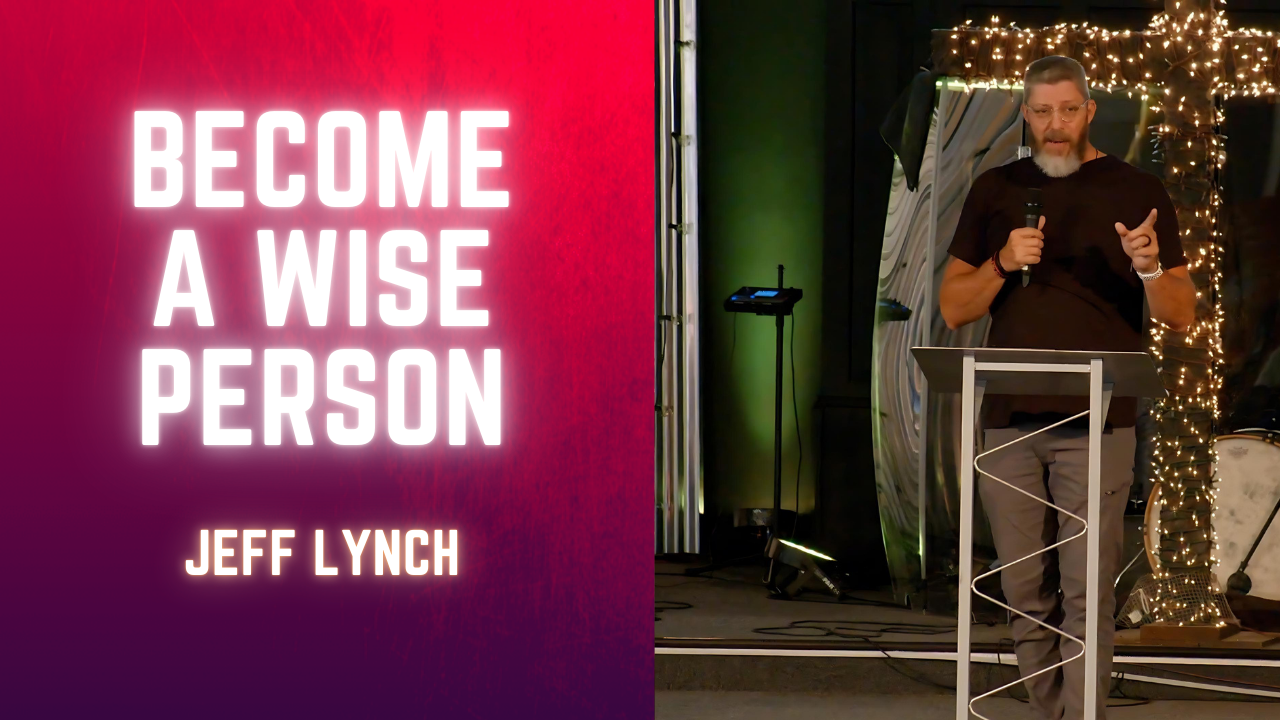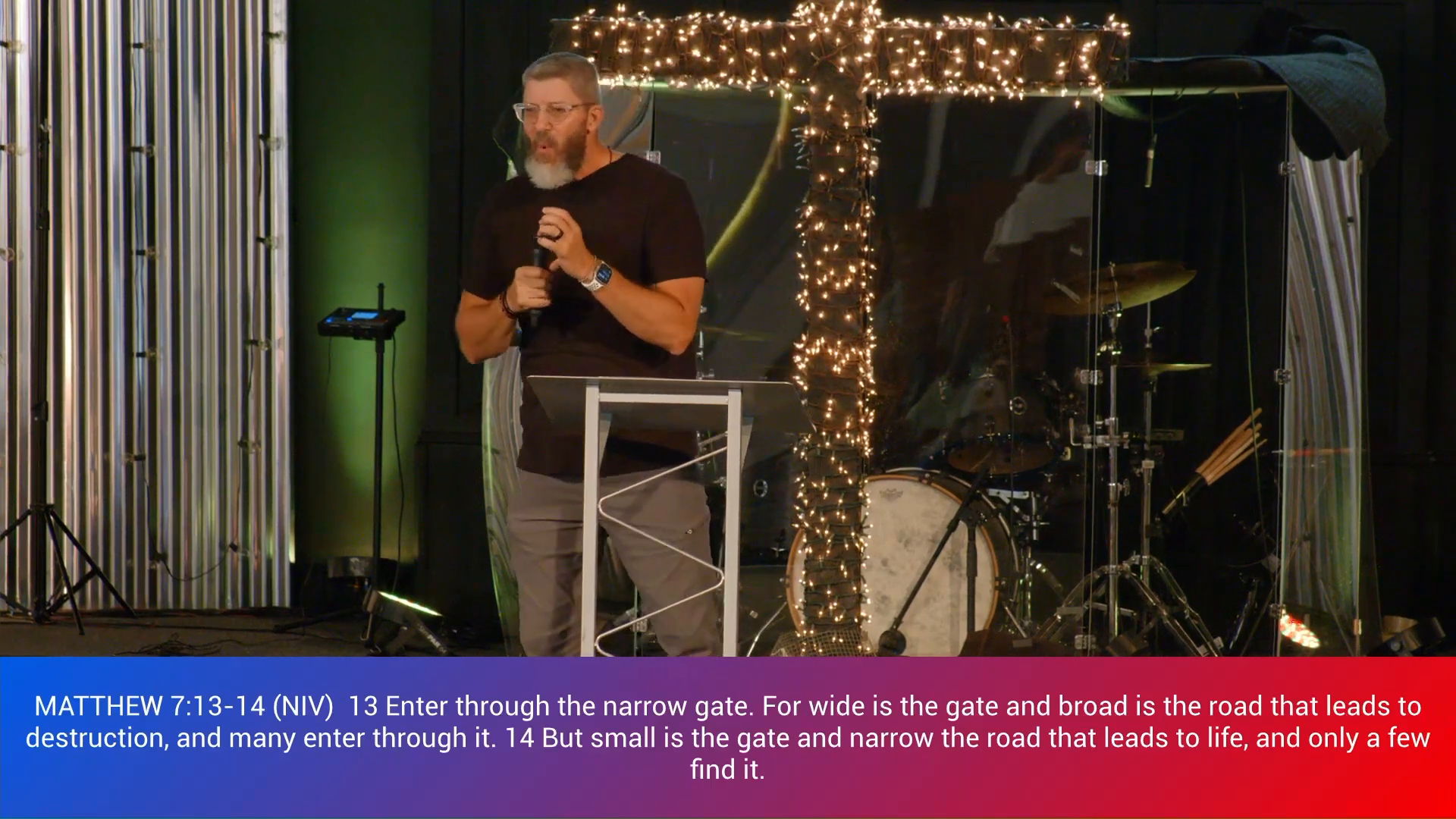Become a Wise Person

In our journey through life, wisdom is a treasure that we all seek. It guides us in making decisions, understanding ourselves and others, and ultimately living a fulfilled life. Today, we will explore key principles to help us become wise individuals, drawing insights from timeless teachings. Let’s dive into the essence of wisdom and how we can cultivate it in our daily lives.
The Importance of Wisdom
Wisdom is not merely about knowledge; it’s about the application of that knowledge in our lives. Many people hold vast amounts of information but fail to apply it meaningfully. Wisdom transforms our understanding into action, shaping our behaviors and decisions. It allows us to navigate the complexities of life with clarity and purpose.
When we think about wisdom, we often reflect on the experiences of those who have come before us. We learn from their successes and failures, hoping to avoid the mistakes they made. As we engage with the world around us, we must also recognize that wisdom often requires us to look inward and assess our own lives.
Recognizing Our Own Flaws
One of the first steps in becoming wise is recognizing our own flaws before we critique others. The teachings remind us that we often focus on the minor faults of others while ignoring the significant issues within ourselves. This principle is crucial in our interpersonal relationships and self-growth.
For example, in a discussion about conflict, individuals often blame each other without taking a moment to reflect on their own contributions to the problem. Instead of pointing fingers, we must learn to examine our hearts and actions. Self-reflection is a powerful tool for personal development.
- Reflect on personal behavior
- Recognize patterns in conflicts
- Practice empathy towards others
- Seek personal growth
Living with Purpose and Intent
To become wise, we must also live with purpose. This means aligning our actions with our beliefs and values. It requires intentionality in how we interact with the world and the people around us. Living purposefully allows us to make choices that reflect our true selves.
When we approach life with a sense of purpose, we become more aware of our surroundings and the needs of others. This awareness fosters compassion and a desire to help, which is a hallmark of wisdom. By focusing on serving others, we not only enrich their lives but also find fulfillment in our own.

The Role of Faith in Wisdom
Faith plays a significant role in our pursuit of wisdom. Believing that God is for us allows us to approach challenges with confidence and hope. When we trust in a higher power, we are more likely to seek guidance and support in our decision-making processes.
As we ask, seek, and knock, we engage in a relationship with God that deepens our understanding of His will for our lives. This relationship encourages us to be persistent in our prayers and open to His guidance, leading us toward greater wisdom.
- Trust in God’s plan
- Engage in regular prayer
- Seek guidance from spiritual teachings
- Practice gratitude for blessings
Bridging the Gap Between Belief and Behavior
To truly embody wisdom, we must bridge the gap between our beliefs and our behaviors. It is not enough to profess our values; we must also practice them. This alignment is essential for authenticity and integrity in our lives.
When our actions reflect our beliefs, we build credibility and trust with those around us. This consistency is vital in relationships, whether personal or professional. By living out our values, we inspire others and create a ripple effect of positivity and wisdom.

Practical Steps to Cultivate Wisdom
Now that we have explored the essence of wisdom, let’s discuss practical steps to cultivate it in our lives:
- Engage in self-reflection regularly.
- Seek feedback from trusted friends.
- Read and learn from various sources.
- Practice active listening in conversations.
- Embrace humility and recognize your limitations.
- Take intentional actions that align with your beliefs.
- Pray for guidance and clarity in decision-making.
- Be open to change and growth.
Think it Through
What is the difference between knowledge and wisdom?
Knowledge is the accumulation of facts and information, while wisdom is the ability to apply that knowledge effectively in real-life situations.
How can I start recognizing my own flaws?
Begin by reflecting on your actions and decisions. Journaling can be a helpful tool to identify patterns and areas for improvement.
Why is faith important in the pursuit of wisdom?
Faith provides a foundation of trust and hope, guiding us through challenges and encouraging us to seek divine guidance in our decision-making.
How can I bridge the gap between my beliefs and behaviors?
Start by setting clear intentions for how you want to live out your values. Consistently evaluate your actions against these intentions and make adjustments as needed.
What are some daily practices to cultivate wisdom?
Engage in daily reflection, seek knowledge through reading, practice active listening, and maintain a prayerful attitude toward life’s challenges.
As we conclude, remember that wisdom is a lifelong journey. By committing to self-reflection, living with purpose, and aligning our beliefs with our actions, we can become wise individuals who positively impact our lives and the lives of those around us.
